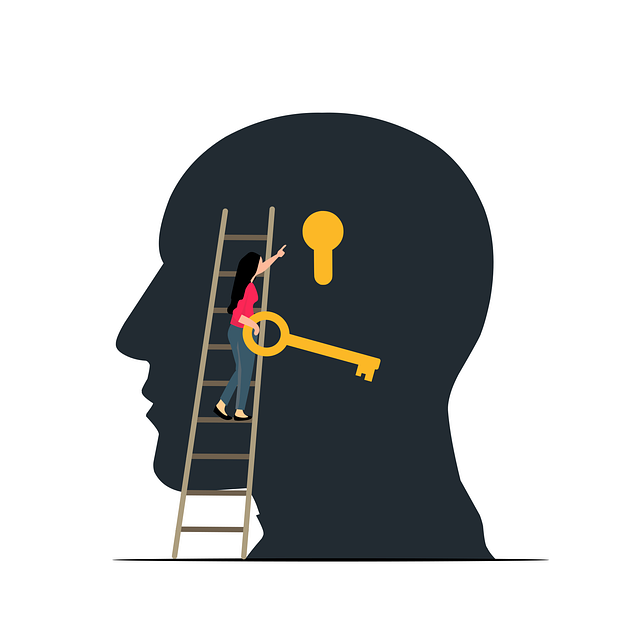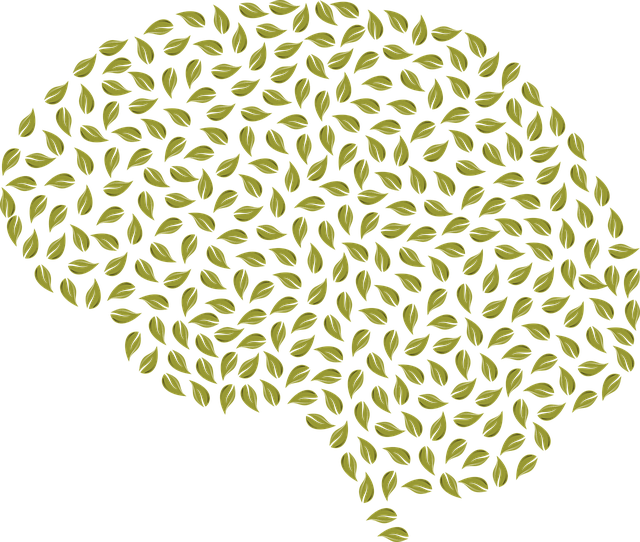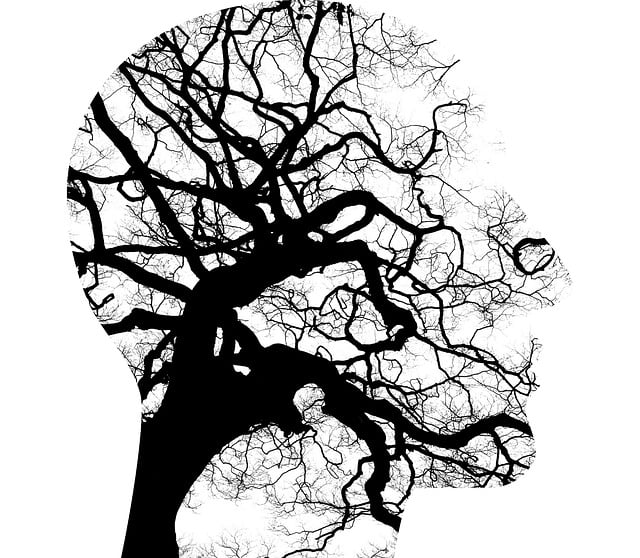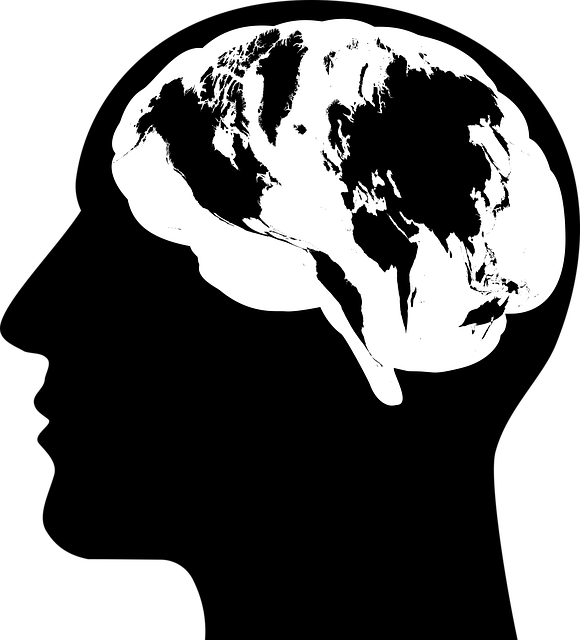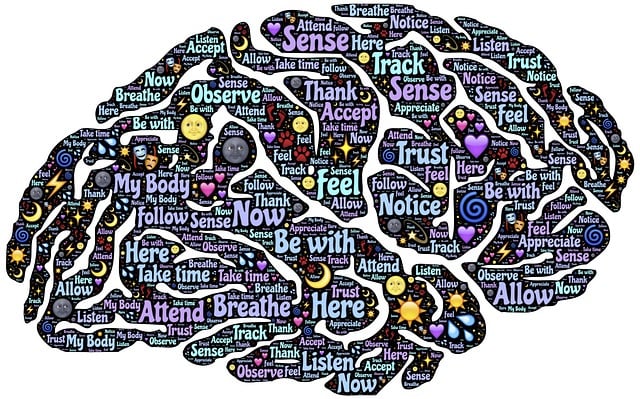The stigma surrounding mental illness, particularly bipolar disorder, poses a significant barrier to treatment, affecting marginalized communities disproportionately. To combat this, Wheat Ridge Bipolar Disorder Therapy advocates for holistic approaches combining individual therapy and group support to challenge misconceptions. Education, crisis intervention, and improved communication within healthcare settings are key strategies. By incorporating cultural sensitivity, mindfulness practices, and peer connections, Wheat Ridge Bipolar Disorder Therapy aims to destigmatize bipolar disorder, reduce anxiety and depression, and encourage individuals to seek necessary support without fear of judgment.
Mental illness stigma remains a significant barrier to treatment, but reduction efforts are gaining momentum. This article explores diverse strategies aimed at fostering understanding and compassion. From holistic therapies like Wheat Ridge Bipolar Disorder Therapy, which offers comprehensive support, to community education initiatives and media representation shifts, each approach contributes to a more accepting society. We delve into the power of advocacy, support groups, and evidence-based practices to combat stigma, ultimately promoting improved mental health outcomes.
- Understanding Stigma and Its Impact on Mental Health
- Wheat Ridge Bipolar Disorder Therapy: A Holistic Approach
- Educating Communities to Reduce Stigma
- The Role of Media in Shaping Perceptions of Mental Illness
- Strategies for Advocating Change and Support Groups
Understanding Stigma and Its Impact on Mental Health

Stigma surrounding mental illness is a significant barrier to individuals seeking help and support. It often manifests as negative attitudes, beliefs, and stereotypes that contribute to discrimination and social exclusion. This can have profound effects on an individual’s well-being, leading to increased anxiety, depression, and even suicide rates among those affected by conditions like bipolar disorder. The impact is particularly severe for marginalized communities, where cultural sensitivities and unique challenges further complicate access to effective mental healthcare.
Efforts to reduce stigma are crucial, focusing on education, crisis intervention guidance, and improved communication strategies within mental healthcare settings. By promoting understanding and empathy, we can foster an environment that encourages open dialogue and early intervention. For instance, Wheat Ridge Bipolar Disorder Therapy emphasizes a holistic approach, combining individual therapy with group support to challenge misconceptions and build resilience among those facing bipolar disorder. Incorporating cultural sensitivity in mental healthcare practice is also vital, ensuring that services are accessible and respectful of diverse backgrounds, thereby encouraging more individuals to seek the help they need.
Wheat Ridge Bipolar Disorder Therapy: A Holistic Approach

Wheat Ridge Bipolar Disorder Therapy offers a holistic approach to treating this complex mental health condition. It recognizes that bipolar disorder is more than just medication management; it involves addressing the entire spectrum of an individual’s well-being. This comprehensive strategy incorporates various therapeutic modalities, including Crisis Intervention Guidance, to help patients navigate intense emotional states effectively. By providing tools for Mental Wellness Journaling Exercise Guidance, therapists enable clients to track their moods, identify triggers, and develop coping strategies tailored to their unique experiences.
The program also emphasizes the power of Mind Over Matter principles, encouraging individuals to challenge negative thoughts and beliefs associated with bipolar disorder. This cognitive-behavioral aspect empowers patients to take an active role in their recovery, fostering a sense of control and resilience. Through these integrated approaches, Wheat Ridge Bipolar Disorder Therapy aims to not only stabilize symptoms but also enhance overall mental wellness and quality of life for those affected by this challenging disorder.
Educating Communities to Reduce Stigma

Educating communities about mental illness is a powerful tool to reduce stigma and foster understanding. By implementing Wheat Ridge Bipolar Disorder Therapy and incorporating Emotional Well-being Promotion Techniques, individuals can gain insights into managing conditions like bipolar disorder effectively. These educational efforts target not only those directly affected but also their friends, families, and peers, creating a supportive network that challenges stereotypes.
Through workshops, awareness campaigns, and community events, people learn about the symptoms, causes, and treatment options for various mental health conditions. This knowledge breaks down barriers and encourages empathy. Additionally, focusing on Stress Management and Burnout Prevention strategies empowers individuals to recognize early warning signs of mental distress, encouraging timely interventions and seeking professional help without fear of judgment.
The Role of Media in Shaping Perceptions of Mental Illness

The media plays a significant role in shaping public perceptions and understanding of mental illness, including conditions like bipolar disorder. Often, media representation can either perpetuate harmful stereotypes or offer valuable insights and educative content that challenges stigma. Positive portrayals of individuals managing their bipolar disorder through therapy, self-care practices, and social skills training can help normalize the experience and reduce the associated shame.
Incorporating personal narratives from those who have successfully navigated mental health struggles is a powerful tool. These stories, shared through various media platforms, can provide guidance on mental wellness journaling exercises, offering a sense of community and encouraging others to seek help. By showcasing recovery journeys, the media contributes to efforts aimed at stigma reduction, ultimately fostering a more compassionate and supportive societal environment for those dealing with bipolar disorder or other mental health challenges, like those who turn to Wheat Ridge Bipolar Disorder Therapy for assistance.
Strategies for Advocating Change and Support Groups

Advocating for change and connecting with support groups are powerful tools in the fight against mental illness stigma. One effective strategy is to share personal stories and experiences, as this can humanize mental health conditions and foster empathy among the general public. Many individuals struggling with bipolar disorder, for instance, have found solace in communities like Wheat Ridge Bipolar Disorder Therapy, where they can connect with others who understand their unique challenges. These groups provide a safe space to discuss symptoms, coping mechanisms, and the impact of stigma.
Additionally, incorporating practices such as mindfulness meditation, social skills training, and self-care routines into daily life can significantly contribute to stigma reduction efforts. By learning and teaching these strategies, individuals can empower themselves and others to navigate mental health challenges with increased resilience and understanding. Support groups also offer a platform for educating peers about effective coping mechanisms, ensuring that support is tailored and meaningful.
Mental illness stigma, a significant barrier to treatment, can be reduced through multifaceted efforts. By implementing holistic approaches like Wheat Ridge Bipolar Disorder Therapy, educating communities, and leveraging media responsibly, we can foster understanding and empathy. Advocacy, support groups, and open dialogue play crucial roles in normalizing mental health discussions. Together, these strategies can create a more inclusive society where individuals with bipolar disorder and other mental health conditions receive the support they need without fear of stigma.
